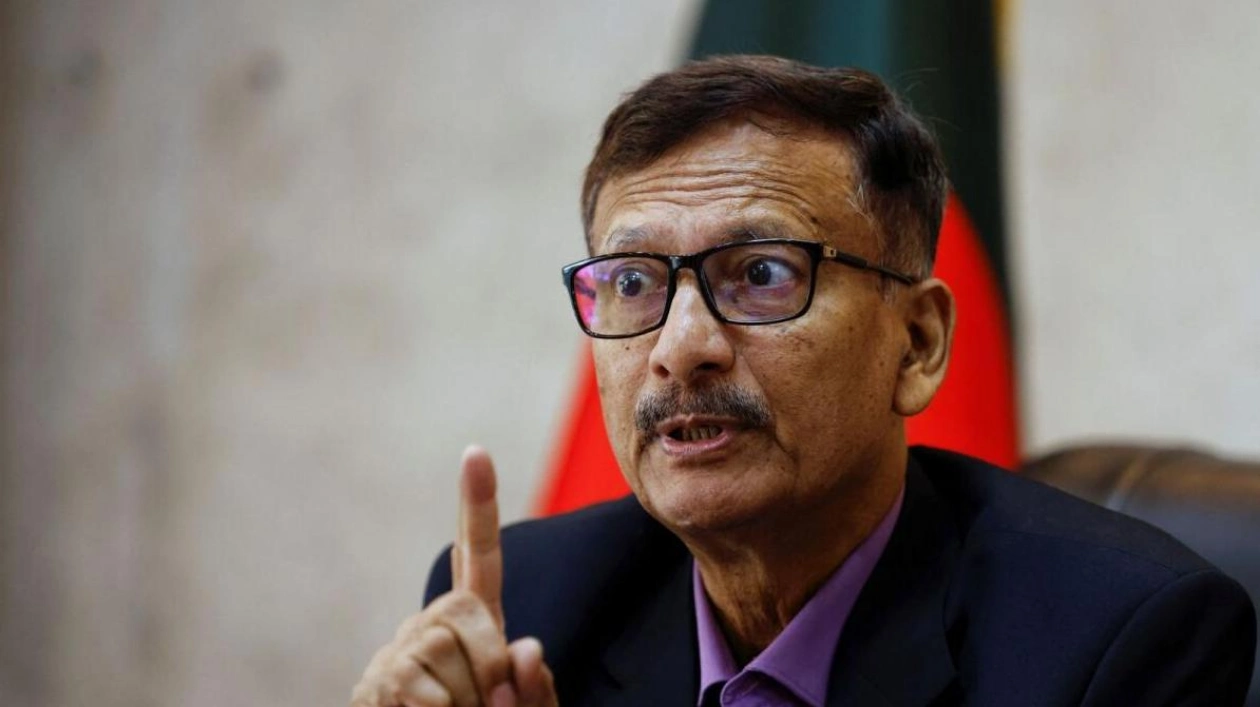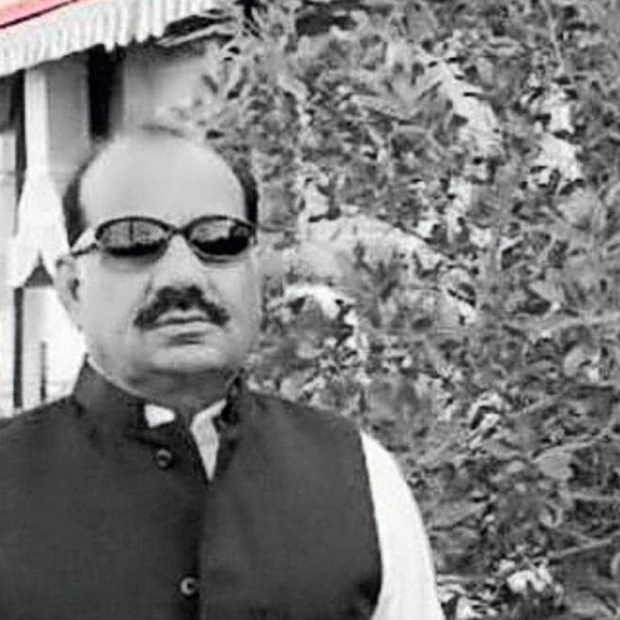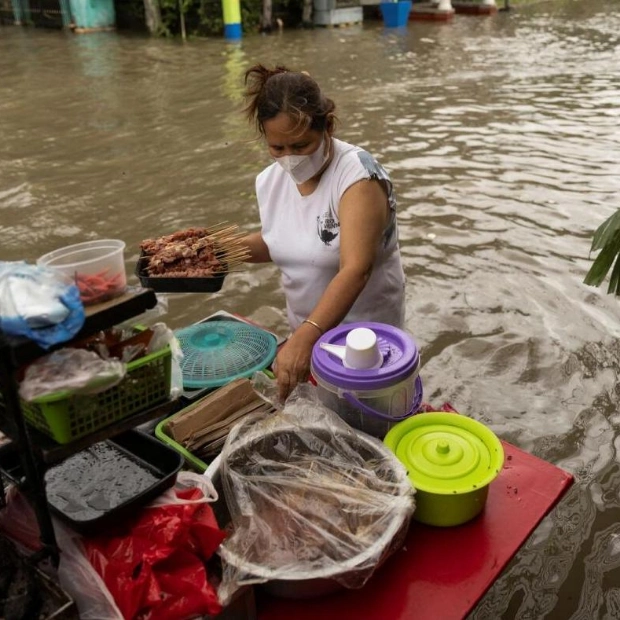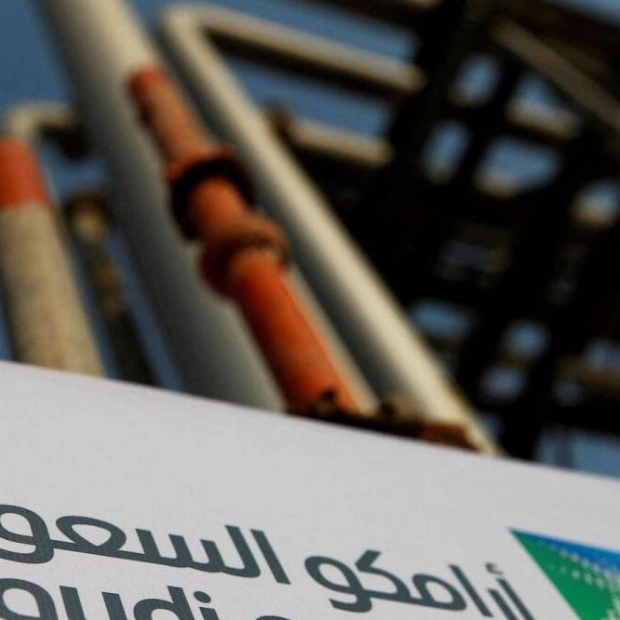As the number of legal cases against her, including murder charges, increases, Bangladesh is considering whether to request India to extradite former Prime Minister Sheikh Hasina, who resigned and sought refuge in New Delhi last week, according to Mohammad Touhid Hossain, the country's acting foreign minister. In a recent interview, Hossain refrained from speculating but acknowledged that Hasina is embroiled in numerous legal challenges. He stated that if the home and law ministries concur, Bangladesh would have to request her return.
Hossain highlighted that this situation places the Indian government in an awkward position, but he expressed confidence that India is aware of the implications and will handle it appropriately. He did not provide further details. India's foreign ministry has yet to comment on this matter. Hasina fled to India on August 5 following a violent revolt that resulted in nearly 300 deaths, many of them students. She and several senior members of her cabinet have been implicated in two murder cases.
Ataur Rahman, the deputy director of the International Crimes Tribunal's investigation cell, announced the initiation of a third case against Hasina and nine others for murder, torture, and genocide during the protest period. At least three of Hasina's former ministers and advisors have been detained in Bangladesh. In her sole statement since her departure, Hasina called for an investigation into the killings and vandalism during the protests but has not addressed the charges against her.
Hossain, a former diplomat, serves as the foreign affairs advisor in the interim government headed by Nobel laureate Mohammed Yunus, which was established following Hasina's removal. The advisory council comprises retired officials, lawyers, student leaders from the protests, and opposition politicians. In his inaugural interview with international media, Hossain expressed Yunus's dissatisfaction with the statements from India's former prime minister and conveyed this to the Indian ambassador in a recent meeting.
Hossain also urged India and other nations to accommodate more Rohingya refugees from Myanmar, as Bangladesh cannot accept additional refugees. He emphasized the need for international pressure on the Arakan Army in Myanmar to prevent further attacks on Rohingyas in their native Rakhine state. Hossain asserted that the global community must facilitate a safe return for the Rohingya.
The Arakan Army, an ethnic rebel group in Rakhine state, is engaged in conflict with Myanmar's junta, which seized power in 2021. Both parties have targeted Rohingya settlements, leading to numerous deaths among the Rohingyas as they flee Rakhine. Over 730,000 Rohingyas escaped to Bangladesh in 2017 following a military crackdown deemed genocidal by the UN. Hossain described the situation as a humanitarian crisis that requires global attention, not just Bangladesh's.
He reiterated Dhaka's desire for amicable relations with all nations, including India, China, and the US. Regarding potential elections in Bangladesh, Hossain indicated that more clarity on the timeline would emerge by September, as the interim government is focused on restoring normalcy by early September. His priority is to implement irreversible reforms to rectify the deeply corrupted system and rebuild institutions. Once elections are declared, he noted that the interim government's senior members will step aside, as none harbor political ambitions.






